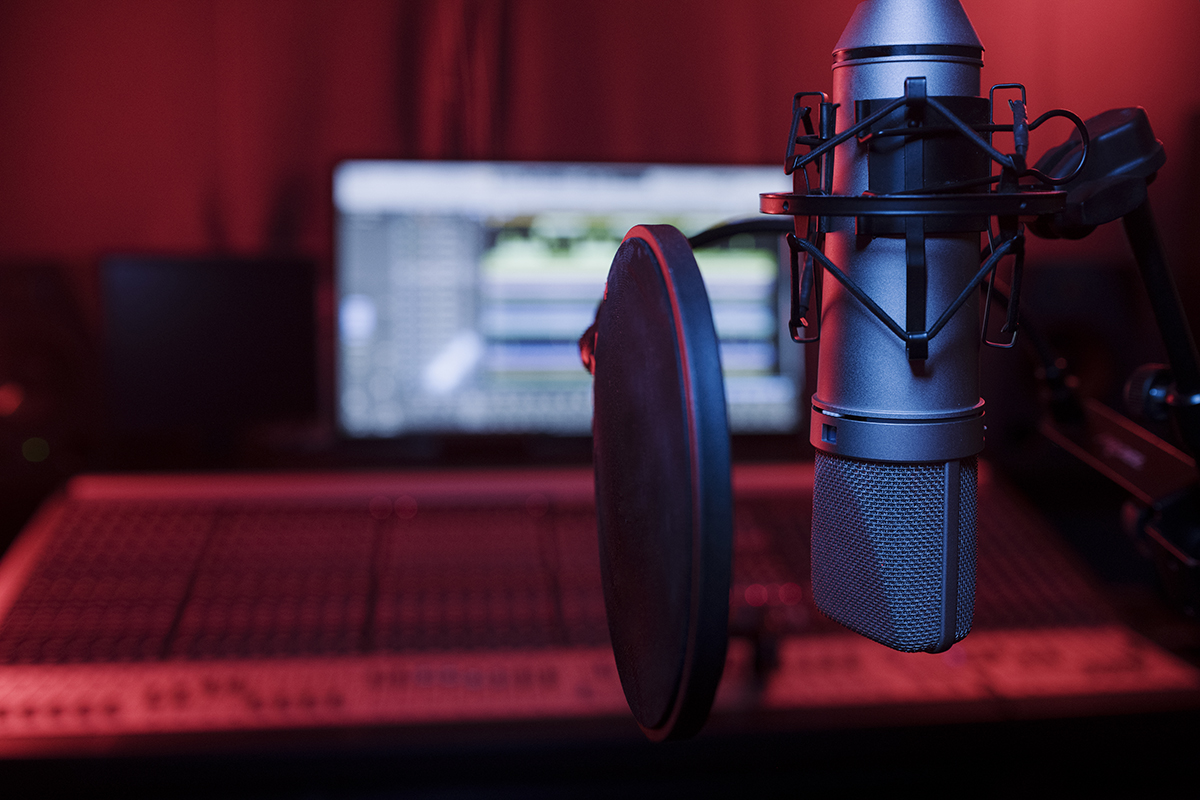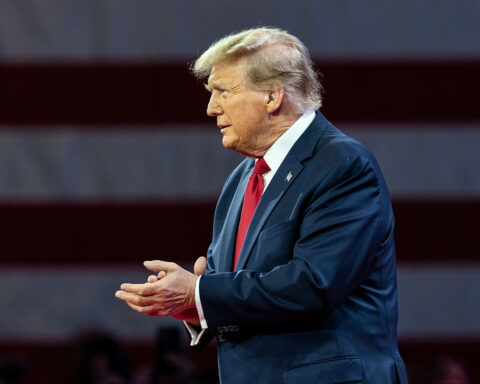In a powerful demonstration of solidarity aimed at safeguarding artistic integrity against the encroachment of artificial intelligence (AI), more than 200 influential musicians have joined forces under the leadership of icons such as Miranda Lambert, Billie Eilish, and Nicki Minaj. Together, they form a coalition rallying under the banner of the Artist Rights Alliance, advocating for the preservation of human creativity in the face of advancing technology.
The Artist Rights Alliance, a non-profit organization led by artists themselves, has consistently championed the rights of musicians navigating the intricacies of the digital realm. Their latest endeavor confronts mounting concerns surrounding the utilization of AI in music creation and distribution. Through a compelling open letter, signed by a diverse array of talents including Stevie Wonder, Peter Frampton, Katy Perry, and J Balvin, they emphasize the critical importance of upholding artists’ rights amidst the evolving landscape of AI innovation.
While acknowledging the transformative potential of AI in revolutionizing the creative process, the letter also underscores the inherent risks it poses to the livelihoods of human artists. A primary concern raised is the unauthorized use of artists’ work to train AI models, a practice that not only dilutes the authenticity of original creations but also undermines artists’ earnings.
The coalition argues that such practices not only devalue artistic expression but also threaten the foundation of the music industry itself. By raising awareness about these issues, they aim to galvanize stakeholders across the music ecosystem to implement proactive measures safeguarding artists’ rights in the digital era.
Meanwhile, Tennessee has emerged as a trailblazer in addressing the potential threats posed by AI to the music industry. Recently, it became the first state to enact legislation specifically designed to protect songwriters, performers, and other industry professionals from unauthorized replication of their voices by AI algorithms. Known as the Ensuring Likeness, Voice, and Image Security Act, or the “ELVIS Act,” this legislation empowers artists by ensuring that generative AI tools cannot mimic their voices without explicit consent.
Governor Bill Lee of Tennessee, in signing the ELVIS Act into law, emphasized the paramount importance of preserving artists’ intellectual property and unique talents in an era marked by technological advancements. With the music industry serving as a cornerstone of Tennessee’s cultural and economic fabric, the governor reaffirmed the state’s commitment to upholding the rights of its creative community.
As the discourse surrounding the ethical implications of AI continues to gain momentum, the actions taken by artists and lawmakers alike reflect a growing consensus on the necessity of balancing innovation with accountability. Through collective advocacy and unwavering resolve, musicians are sending a resounding message to the tech industry: creativity is not a commodity, and the human essence of artistry must be safeguarded at all costs.
While the digital landscape undergoes continual evolution, one truth remains immutable: the struggle to protect artists’ rights in the era of AI is ongoing. Yet, with unified action and steadfast determination, the creative community stands poised to shape a future where innovation and integrity harmonize seamlessly.







